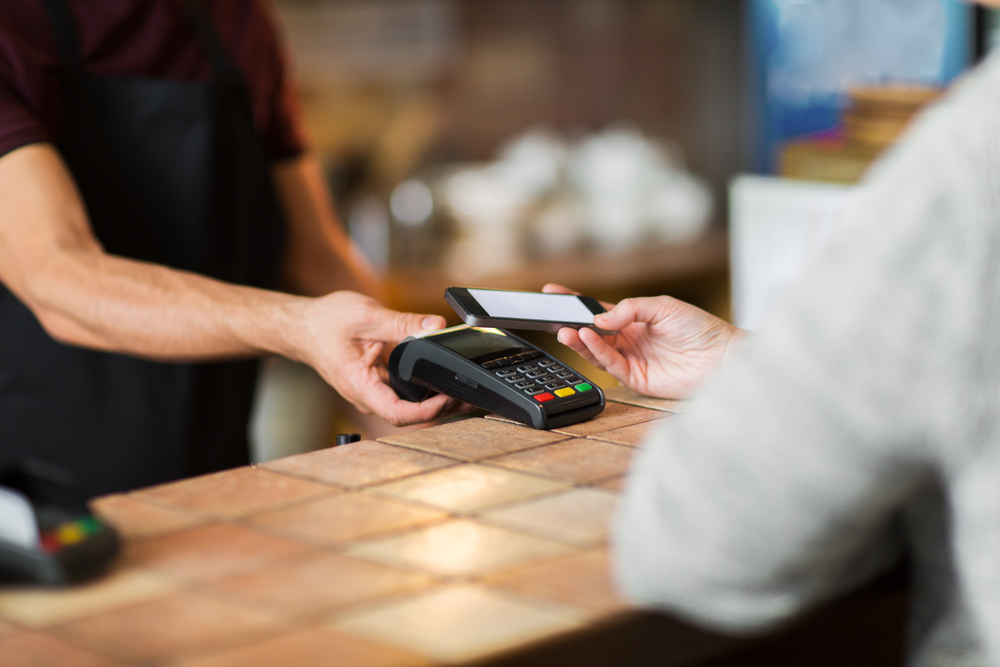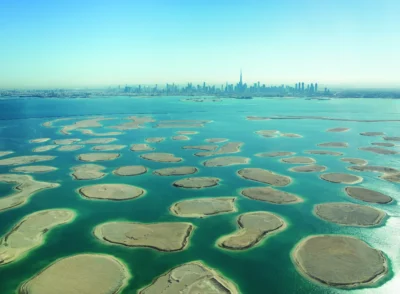Malacca will be home to a cashless blockchain city
Malaysian and Chinese developers are teaming up to build a cashless tourist town that runs on blockchain technology
When Malaysian property developer SWT International Sdn Bhd announced plans to turn a 635-acre piece of land off the coast of Malacca into a cashless “blockchain city”, it made waves in finance and property circles across the world.
The joint venture with Chinese engineering and construction company China Wuyi will turn the reclaimed land into the so-called Melaka Straits City. Developers are hoping it will become a leading tourist destination in Malaysia and a shining example of practical blockchain implementation at a time when the international community is still unsure about the technology. The development will host five boutique hotels, schools, golf courses, sports facilities, a national convention centre, and about 100 villas with access to a private beach built along the coastline.
When tourists visit they will be required to exchange their fiat currencies for DMIcoin that can be used freely throughout the city with a smartphone app. The mechanics are similar to cashless payment systems already popular across Asia
Blockchain—a far-reaching term to describe a method of secure information transfer—will be used to manage the city’s payment transactions in the form of DMIcoin, a cryptocurrency developed and owned by SWT International.
When tourists visit Melaka Straits City, they will be required to exchange their fiat currencies for DMIcoin that can be used freely throughout the city with a smartphone app. The mechanics are similar to cashless payment systems already popular across Asia. Each vendor is issued a unique QR code, customers scan with their phones, and the transaction is handled automatically by DMI.
“The DMI web application will be available on PC, and the mobile applications will run on Android and iOS devices to provide flexibility regardless of the preference of the individuals,” says Lim Keng Kai, an official representative of Melaka Straits City, in an interview with Israel-based trading portal FX Empire. “This is easy mobile banking that can be done in seconds. The transactions will all be stored in the DMI blockchain where any issues that arise can be resolved.”
More: Japan shows yen for blockchain innovation
News of the development coincides with a push by the Malaysian government to use big data technology as part of its Housing Policy 2.0 to help solve property overhang issues that have made headlines in recent months. According to the 2018 Property Market Report by the National Property Information Centre (NAPIC), the country has 32,313 unsold units valued at MYR19.86 billion.
This article is the second in a four-part series. It originally appeared in Issue No. 155 of PropertyGuru Property Report Magazine. Read the second, third, fourth parts here
Recommended
Hanoi’s air pollution crisis: Balancing urban growth with environmental sustainability
Hanoi’s worsening annual toxic smog is highlighting the pressures of balancing sustainability with rapid economic growth
U.S. tariffs pose challenges to china’s housing market amid economic slowdown
Escalating US tariffs are expected to strain China’s slowing economic growth and dampen buyer confidence, creating trouble for the country’s housing market
Dewan Architects’ Mohammed Adib leads with human-centred design and technological innovation in the Middle East and beyond
Mohammed Adib channels his childhood curiosity and dislike for design uniformity into his work at Dewan Architects + Engineers
UAE real estate shifts focus to sustainability and quality, revitalising iconic projects
The UAE has risen from its challenges to emerge as a more sustainable, quality-focused destination








